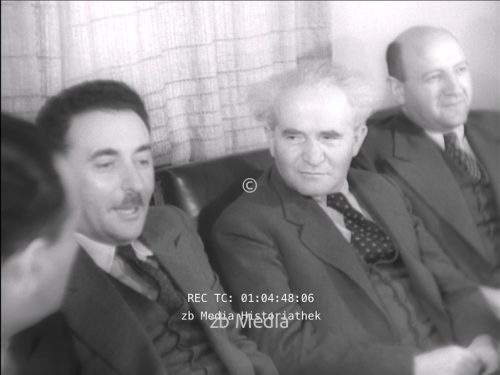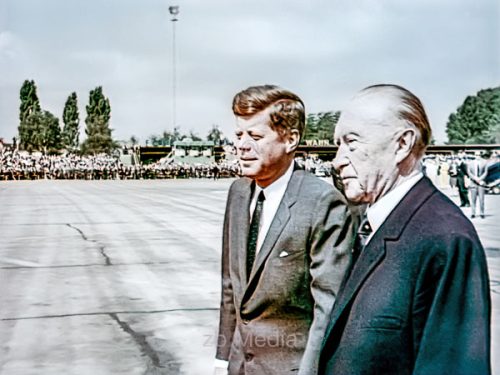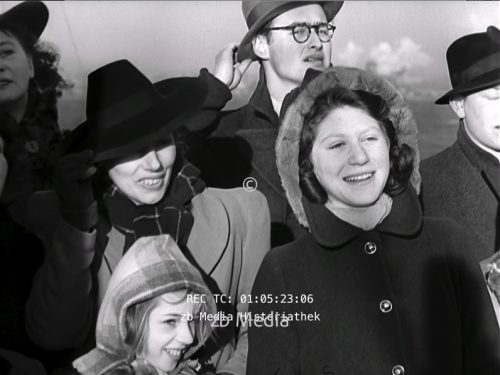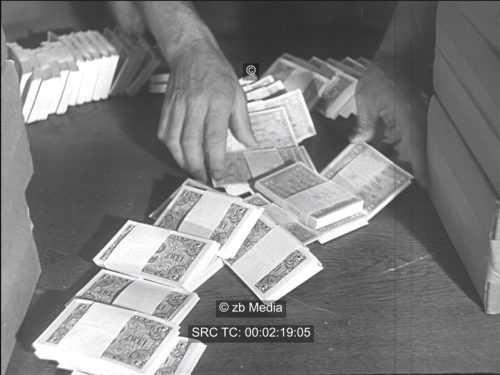Historical background
The Battle of Britain was a major air battle during the Second World War in 1940 between the German Luftwaffe (air force) and the Royal Air Force (RAF). The battle began in July 1940 and lasted until October of the same year.
The German Luftwaffe, under the leadership of Hermann Göring, attempted to break British air superiority in order to support a planned German invasion of Britain, called Operation Sea Lion. However, the British held out, aided by effective air defences and the use of radar for early detection of enemy air attacks.
The RAF relied primarily on its fighter aircraft such as the Spitfire and Hurricane, while the German Luftwaffe attacked mainly with its bombers and escort fighters. Through a combination of tactical skill, technological advantage and courage, the RAF managed to push back the German Luftwaffe and thwart their plans for an invasion.
The battle is considered a decisive turning point in the Second World War, as it forced Germany to abandon its plans for an invasion of Britain and encouraged the Allies to continue fighting against the Nazi regime.






